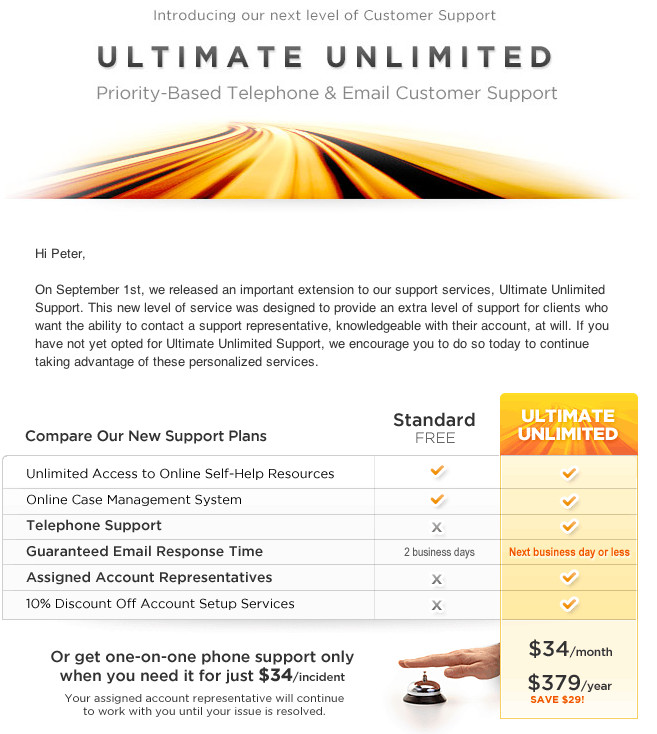Saw an interesting bit in the Associated Press this morning entitled: “Use of temps may no longer signal permanent hiring†(link).
Here’s an excerpt:
When employers hire temporary staff after a recession, it’s long been seen as a sign they’ll soon hire permanent workers. Not these days. Companies have hired more temps for four straight months. Yet they remain reluctant to make permanent hires because of doubts about the recovery’s durability.
Even companies that are boosting production seem inclined to get by with their existing workers, plus temporary staff if necessary.
“I think temporary hiring is less useful a signal than it used to be,” says John Silvia, chief economist at Wells Fargo. “Companies aren’t testing the waters by turning to temporary firms. They just want part-time workers.â€
All of which bodes well for commercial freelancers like us. Now, don’t get me wrong. Certainly don’t want to get gleeful about an ominous economic sign – one that appears to argue against a speedier bounce-back to the economy than perhaps originally anticipated.
That said, I have little control over the speed of the economic recovery, but if there’s one thing I’ve learned through the business ups and down over the past few decades, it’s this: what’s a bad sign for those seeking full-time employment is often a good sign for temporary/contract workers like us.
Fact is, the economy taketh away and the economy giveth. As the above article highlights, if you’re a temporary worker these days, opportunities are rich. And bottom line, that’s exactly what we freelance copywriters are: temporary workers.
And temporary workers like us offer some sound bottom-line pluses to those who hire us:
1) Buy only what they need and only when they need it
2) No salaries, benefits and vacations to provide
3) Fresh “outsider†perspectives
4) Access to a wide range of talent
The rise in temporary worker hiring underscores the growing workload these companies have, but as the article points out, in an uncertain economy, workers like us represent a darn good solution. And companies know it. The clincher: this is nothing new.
Over the past few decades, when the economy hit rough patches, and downsizing was the order of the day, I and others noticed the increased use of copywriting folks like us by companies who’d shed full-time staff (or pricey creative agencies), but still needed to get work out the door. And sure, once things turned around, as the above article points out, many companies added back full-time staff where it just made sense to do so.
However, many small-to-medium-sized companies (say, 50-200 employees and $5-$50 million in revenue; i.e., the business “sweet spot†for commercial writers), having seen, firsthand, the real bottom line advantages of the freelancer model over the full-time employee model – never went back. And it’s happening again as companies realize a lot of the services they need can be delivered by contract workers. And simply put, it’s changing the face of the workplace forever. Note the line in the excerpt above:
Even companies that are boosting production seem inclined to get by with their existing workers, plus temporary staff if necessary.
And heck, companies aren’t the only ones falling in love the idea of independent workers. Freelancers themselves have been discovering the joys of working for themselves for years now. And these days, you can’t spit without hitting yet another article about the rising trend in self-employment.
Sure, for many, it wasn’t their first choice, and in many cases, they had no choice. But, I know plenty of folks who started out as reluctant freelancers out of necessity some years back, got bitten hard by the bug, and like the companies that hire them, they too will never go back. Not just because of the dramatically enhanced quality of life, but because they finally “get†what us long-termers realized a log time ago: there’s far more job security in self-employment than there’ll ever be in a J-O-B.
Have you seen this scenario play out in your business experiences?
Have you had clients contact you to fill the work gap left by departing full-timers (or the dropping of an expensive agency)?
Did you start out as a reluctant freelancer only to be converted forever?

